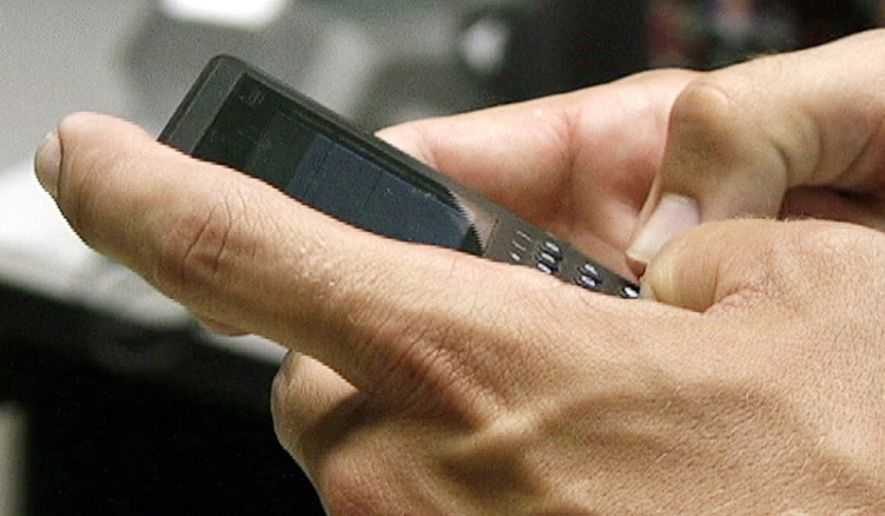Smartphones, and tablets, and computers! Oh my! The way we communicate has surely changed. Think back a decade or two ago. Sometimes I feel like I am Dorothy from the Wizard of Oz saying “Toto, I’ve a feeling we’re not in Kansas any more.” There are different rules, different customs and few, if any, familiar objects. This new world of technology is like being in the Land of Oz.
Dr. Nina’s What You Need To Know About Unplugging:
Telephones, once hailed as the modus operandi for communicating, may be subject to a coup d’etat. In one poll, 32 percent of those who responded said they preferred texting over talking on the phone. And the numbers reflect this. Compared to the year 2000, where the number of texts sent monthly in the U.S. was 14 billion, 2010 showed more than 188 billion texts per month. We have awaken to discover that the way we communicate has been carried aloft almost like a tornado. We can no longer “Pay no attention to the man behind the curtain”; technology is here to stay.
There are several reasons that we have entered this Land of Oz, and why we may have lost our ability to return to Kansas. For one, technology gives us the promise of connectedness. We can communicate with people in another country, state, city or, down the street. Technology has chipped away at the great divide that geography used to pose. Texting and emailing also allows us to keep it short and sweet to better optimize our time, as well as to review the messages prior to sending.
We have all come to recognize the positive contributions of today’s technology but there are problems we must keep a watch on every day:
Sleep disturbances. Texting can throw a wrench in our slumber, including lost sleep, difficulty falling asleep, poor sleep quality, or daytime sleepiness. This can occur because of late night beeps or dings or if the messages are stressful or emotional.
Motor vehicle deaths and accidents. Texting while driving has been estimated to cause 200,000 collisions a year and currently contributing to the leading cause of death of our American teen drivers
Email apnea. This newly coined term describes the shallow breathing or breath holding that occurs subconsciously when we email, or work or play in front of a screen. The end result: an increase in our stress levels that impact our attitude, sense of emotional well-being, and ability to work effectively.
Anxiety. The constant dinging and bell tones every couple of minutes makes it difficult to be in a proper state of mind. Not to be outdone by “textiety” which is the anxious feeling of not receiving any texts or not being able to send any texts.
“BlackBerry thumb.” This is the modern malady and side effect that has come about from our text-happy society. Our thumbs have fewer joints than our other fingers and are not designed to be in constant motion while bent at an odd angle. The end result: inflammation in the tendons and the joints causing aches and stiffness. Down the road, this can result in arthritis.
Let’s take a look at some helpful tips to unplug your gadgets and reconnect with yourself, family and friends — also referred to as a technology cleanse.
Provide advance warning so you and your family can prepare mentally.
Clarify your goals. What you will do and how long you will do it.
Start when your children are young so they can develop interpersonal skills.
Be clear on the rules. Are there exceptions for work or homework? What will happen if there is a violation?
Make the bedroom and meals a media-free zone.
Don’t multitask. When watching television, watch television. Allow only one screen at a time and shut off your smartphone, tablet, and computer.
And make the promise to never text, email or become distracted with your phone or computer while driving.
Dorothy clicked her ruby red heels three times to return to Kansas. We may no longer have that ability to leave the Wonderful Land of Oz. Technology, much like the wizard, is comprised of “the Great and Terrible.” So we must learn to balance the best of both worlds.




Please read our comment policy before commenting.